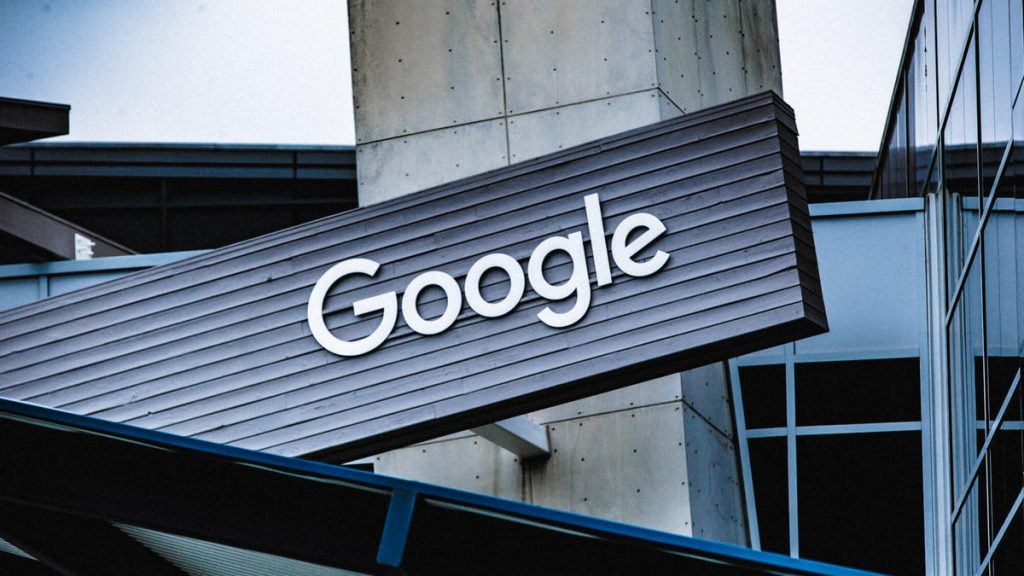Penske Media, which owns publications including Rolling Stone, Variety and Billboard, is suing Google, alleging that the search giant is illegally using their content and that of other publishers to fill out the AI Overviews that have become a fixture at the top of Google search results.
In a lawsuit filed Friday in US District Court for the District of Columbia, Penske argues that Google’s «misconduct» through its monopoly in online search has coerced publishers to acquiesce to misappropriation of their content, diverting readers away from publishers’ own sites and depriving them of the ability to earn money from content created by their journalists.
«It is reasonably foreseeable that Google’s forced entry into the online publishing output market will result in less traffic to other online publishers, less revenue to the online publishers that actually generate their own content, and, as a result, less online publishing content for consumers,» Penske’s complaint says.
In 2024, that same district court ruled that Google illegally protects its search monopoly. Earlier this month, Judge Amit Mehta issued the penalty finding in that case, saying that the company must share some of its search data with competitors.
Google on Monday pushed back against Penske’s lawsuit, saying that it is providing a valuable service.
«Every day, Google sends billions of clicks to sites across the web, and AI Overviews send traffic to a greater diversity of sites,» said José Castañeda, a policy communications manager at Google. «We will defend against these meritless claims.»
Penske didn’t immediately respond to a request for comment. The company also publishes The Hollywood Reporter, Indiewire, WWD (Women’s Wear Daily), ArtNews, ArtForum and others.
For decades, there’s been a mutual relationship between online publishers and Google. By indexing sites across the internet, the search giant can deliver up-to-date and relevant information for people’s queries. In exchange for letting Google — which has a nearly 90% share of the search market — crawl their sites, publishers get traffic through those search results, as long as people have reason to click through.
Don’t miss any of our unbiased tech content and lab-based reviews. Add CNET as a preferred Google source.
With the advent of generative AI tools like OpenAI’s ChatGPT and Google’s Gemini, however, that relationship is changing. Instead of you having to take the time to scour through lists of links, and then read through a selection of articles and webpages, you get a neatly synthesized summary in seconds that combines information from the AI tools’ training data and directly from the web.
A wide spectrum of publishers and authors has contended that AI companies trained their AI models without proper licensing and are profiting from high-quality human-made content. For that reason, some have sued OpenAI, Perplexity, Anthropic, Microsoft and Google. (Disclosure: Ziff Davis, CNET’s parent company, in April filed a lawsuit against OpenAI, alleging it infringed Ziff Davis copyrights in training and operating its AI systems.)
Meanwhile, data shows that whenever AI Overviews appear in search, there is a noticeable drop in clickthrough rate to the source material. Google claims that AI sends «higher quality clicks» to sites, meaning those visitors stay on those sites longer with more engagement.
The outcome of the Penske lawsuit will likely have significant implications for publishers and AI companies, including Google.
«If Penske wins, it would likely lead to platforms needing to negotiate licensing deals with publishers for the right to include summaries in search or overview features,» said Robert Rosenberg, an intellectual property partner at Moses Singer, a New York-based firm.
A ruling might also dictate what is considered «transformative» work — that is, not subject to copyright protections — or could lead to further regulatory pressure on Google, Rosenberg said. «This case highlights how dominant platforms can impose their own terms because of their scale.»
